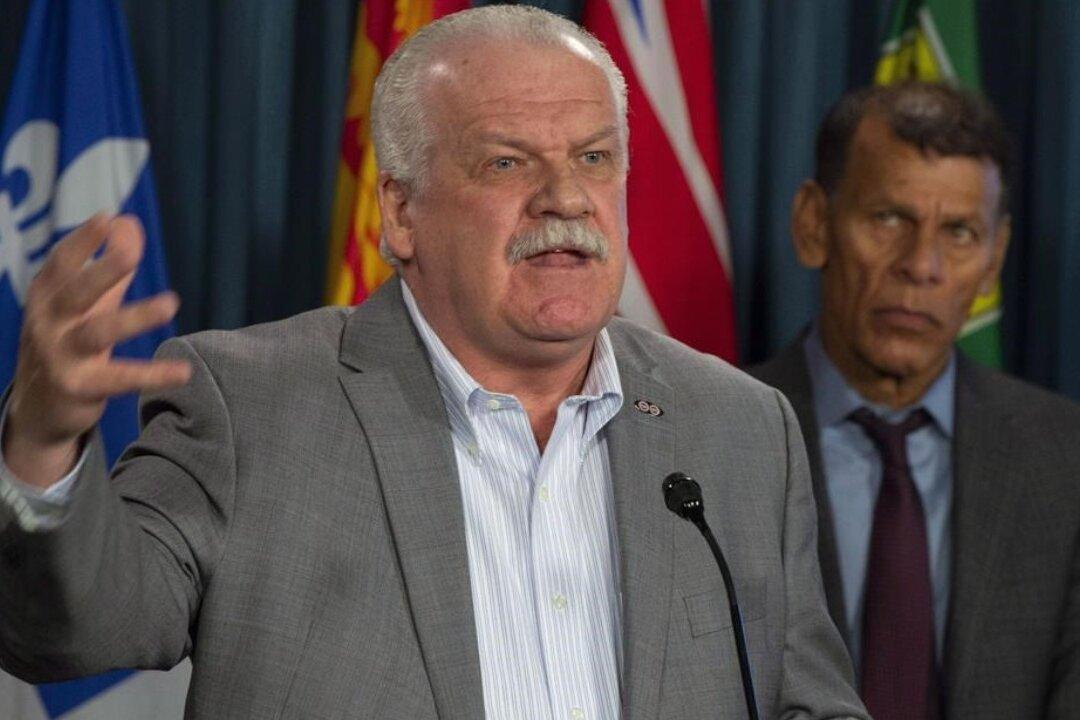On the second day of the national strike for more than 155,000 workers under the Public Service Alliance of Canada (PSAC), National President Chris Aylward warned Canadians will begin to see “more and more inconvenience.”
“We’re not taking over the streets. We’re not shutting down airports or borders yet. We’re not inconveniencing the public today,” Aylward told reporters in Ottawa on Thursday.





